ғылыми және педагогикалық дайындық кезінде-тамақ өнеркәсібі кәсіпорындарының жетекші мамандары, тамақ өнімдерін сертификаттау кәсіпорындары, санитарлық қадағалау кәсіпорындары, тамақ өнімдерінің қауіпсіздігін бақылауды жүзеге асыратын мемлекеттік органдар мекемелері, ғылыми-зерттеу институттары, ЖОО және т. б. оқу орындарына стажына талап қойылмайды біліктілік талаптарына сәйкес Біліктілік анықтамалығын және басшылардың, мамандардың және басқа да қызметшілер министрінің бұйрығымен бекітілген еңбек және халықты әлеуметтік қорғау министрлігінің 21 мамыр 2012 жылғы № 201-П бұйрығымен.
Өнімдер мен қызметтердің жоғары сапасы мен қауіпсіздігіне, өндіруші мен тұтынушы үшін жоғары экономикалық тиімділікке бағытталған өнімге (қызметке), процеске (жұмысқа) және жүйеге, оларды әзірлеуге, өндіруге, қолдануға (тұтынуға) және метрологиялық қамтамасыз етуге қойылатын нормалардың, ережелер мен талаптардың орындалуын белгілеу, іске асыру және бақылау
|
ғылыми және педагогикалық дайындық кезінде: |
- тағам өнеркәсібі кәсіпорындары, тамақ өнімдерін сертификаттау кәсіпорындары, санитарлық қадағалау кәсіпорындары, тамақ өнімдерінің қауіпсіздігін бақылауды жүзеге асыратын мемлекеттік органдар мекемелері, ғылыми-зерттеу институттары, ЖОО және т. б. оқу орындары.
|
|
|
7М07210 білім беру бағдарламасы-тағам қауіпсіздігі 2 (екі) білім беру траекториясын қамтиды: №1. "Тағам өнімдерінің қауіпсіздігін бақылау әдістері» №2. «Тағам өнімдерінің қауіпсіздігін қамтамасыз ету жүйесі» -жаратылыстану-ғылыми пәндердің негізгі заңдарын, Математикалық талдау және модельдеу әдістерін, өз қызметінде кәсіби міндеттерді шешу үшін теориялық кәсіби білімді қолдану; - кәсіби міндеттерді орындаудың ең тиімді әдістері мен тәсілдерін таңдау; - өндірістік процесс технологиясының сапасы мен қауіпсіздігін сақтауды және жабдықтарды пайдалануды; технологиялық тәртіпті сақтауды және өнім сапасын жақсартуды бақылауды жүзеге асыру; белгіленген мерзімде және жоғары сапада, номенклатурада, белгіленген көлемде өнім шығару жөніндегі бөлімшенің қызметіне басшылықты жүзеге асыру; қажетті материалдармен, жартылай фабрикаттармен, технологиялық құжаттамамен қамтамасыз етуді ұйымдастыру;; - сынау әдістерін таңдау; зерттеулер мен өлшеулердің нәтижелерін талдау және өңдеу; жаңа технологиялық процестерді игеру бойынша эксперименттік жұмыстарды жүргізуге қатысу,
Барлық білім траекторияларының магистранттары білім беру ұйымдарында педагогикалық қызмет жүргізе алады
|
- санитарлық - эпидемиологиялық, өндірістік-технологиялық, ұйымдастыру-басқару, эксперименттік-зерттеу, сертификатталған өнімге, көрсетілетін қызметке, процеске инспекциялық бақылауды жүзеге асыру, мынадай кезеңдер бойынша инспекцияны жүзеге асыру: өндіріс, жобалау, пайдалану процесіндегі инспекция, техникалық менеджмент, инспекцияны орындау кезінде тәуекелдерді басқару және сапаны бақылау, білім беру (ғылыми және педагогикалық).
|
- ғылыми зерттеулер әдіснамасы саласында; - Ауыл шаруашылығын қамтитын өнеркәсіптің барлық салаларында инновациялық техникалық және технологиялық өндірістер мәселелерінде; - білім беру ұйымдарында ғылыми және ғылыми-педагогикалық қызмет саласында; |
- кәсіби салада ғылыми жобалар мен зерттеулерді орындауда.

.jpeg)

